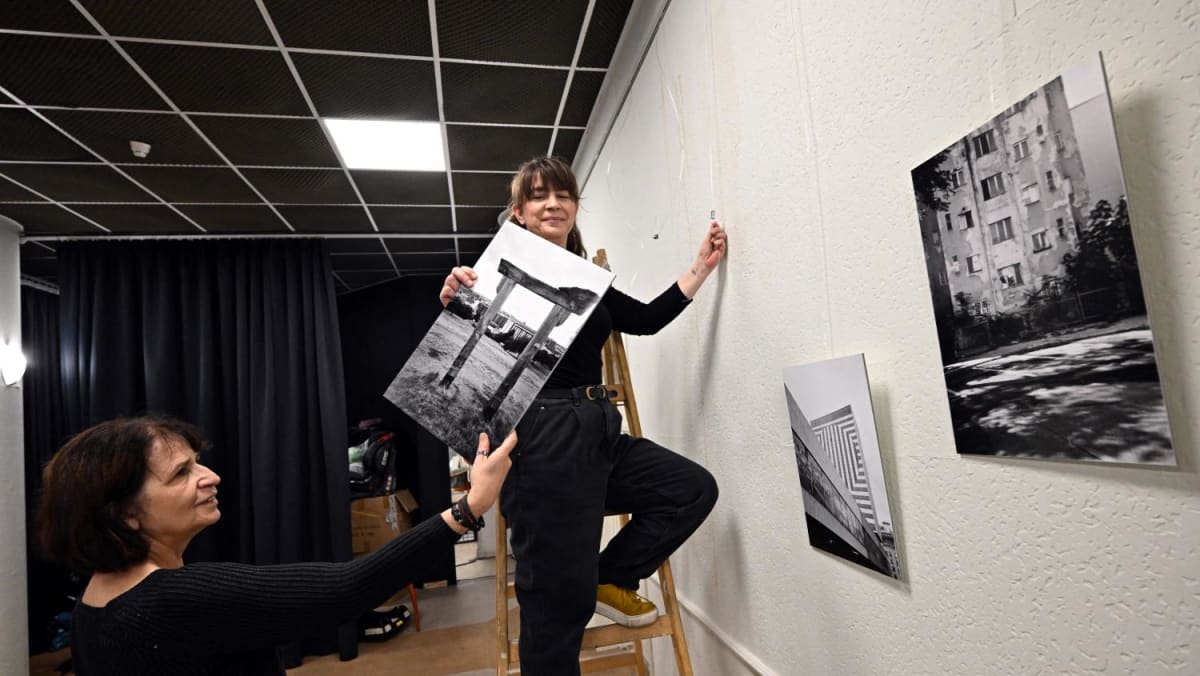WARSAW — A disposable camera gave Mr Daniel Skupio a voice as he kept his mind off drugs and alcohol and built a new life.
‘NOT HEARD OR SEEN’
Mr Skupio was one of the more snap-happy, running out of film within days.
In his worst times, Mr Skupio was drinking vodka, feasting on drugs, picking fights and sleeping rough.
Now sober for six years, looking after a stray cat, studying for a high school diploma and waiting to move into social housing, he said projects like “Picture It!” had been a major boost to his reform campaign.
“I’m really proud of myself for getting by. For looking for these ways to spend time so that I don’t get any stupid ideas,” said Mr Skupio.
“I’m living proof that you can pull yourself out of anything. You can quit any substance and start your life anew.”
The goal of the photo initiative had been to decrease prejudice against the homeless — to show the positives that tend to be invisible for others.
“Most of the time these people are not heard or seen or even when they are seen it is in a very negative light,” project coordinator Nora Bagdi told AFP.
“And based on the photos, we can look into their private life, which is full of colour and love and trips around the city.”
Spearheaded by the Menhely Foundation — a Hungarian non-profit to help the homeless — the project was supported by the International Visegrad Fund.
‘ME, PHOTOS?’
When the organisers first distributed the cameras, some of the participants were ready for the challenge. Others felt they had nothing to offer.
“They were like, ‘Me, photos? Why? What am I supposed to show?’ Again, it was that lack of confidence,” said Ms Izabela Kruzynska, the local coordinator in Poland.
“We had to lift the burden off their shoulders, tell them that whatever’s around you and catches your eye is fine… This is about your perspective.”
Mr Skupio and Mr Slawomir Plichta knew each other from a now defunct theatre troupe for the homeless that — like the photo project — gave them respite from their problems.
A black and white photo by Mr Plichta shows a ground view of a bike rack, the metal arches forming a tunnel with a tiny person at the end.
“I practically didn’t part with the camera the whole time… Just rode around looking for interesting things to photograph,” the 54-year-old recovering alcoholic told AFP.
That would not have been the case had he still been finishing bottles and sleeping rough.
“I’ll be honest: I’m not sure the camera would’ve made it back. I would’ve either sold it or just left it somewhere,” he said.
Now one year sober and recently back in his own apartment, Mr Plichta is careful not to take his abstinence for granted — “never say never” — though he calls himself “a new person, open to people, smiling”.
“Things are 150,000 times better now. I prefer this world. Not that one. I’ve left that one behind.” AFP


